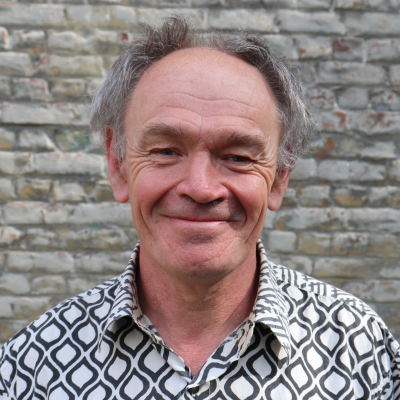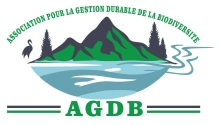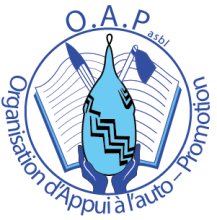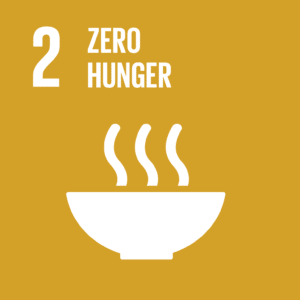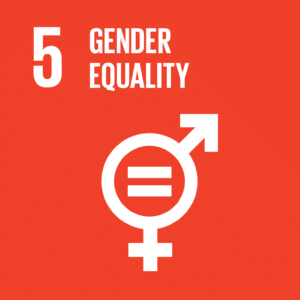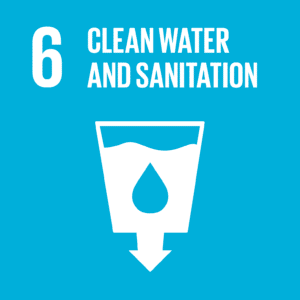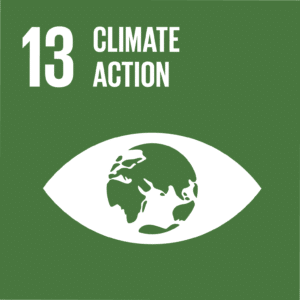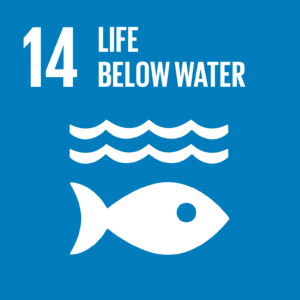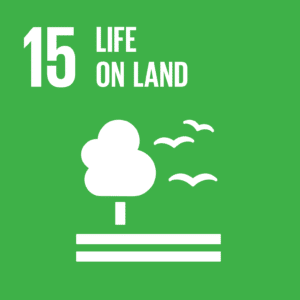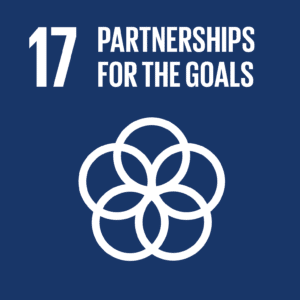Establishing a learning community to enhance knowledge of climate-resilient measures
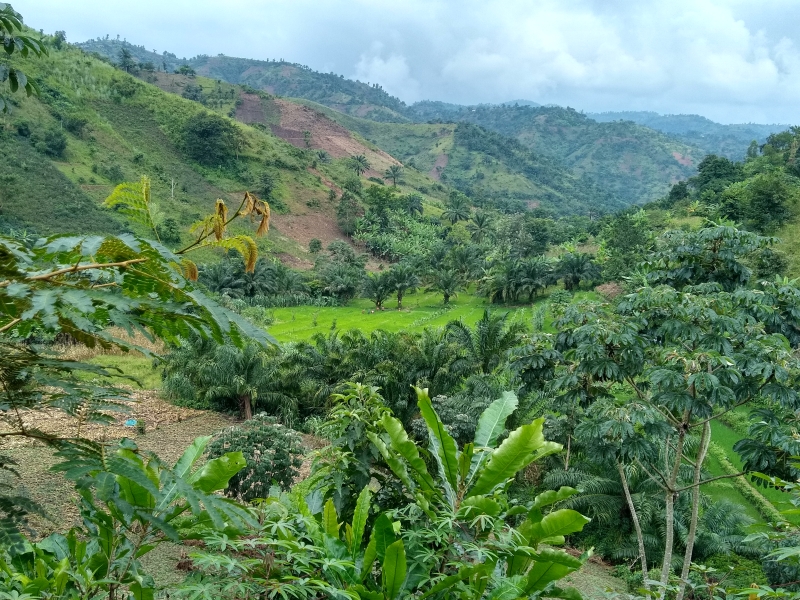
Climate change and agricultural challenges in Burundi
As a result of climate change, Burundi is experiencing rising temperatures and irregular rainfall patterns, with intense rains followed by prolonged droughts. The high population pressure puts significant strain on the land, as the vast majority of the population depends on agriculture for their livelihood. Agricultural yields are limited by the decline in soil fertility caused by erosion and unsuitable farming techniques.
The impact of climate change in Burundi is exacerbated by the lack of accurate information and knowledge about climate adaptation, as well as by challenges in implementing climate-resilient agricultural policies.
Research on the effectiveness of climate-resilient measures
Classic climate resilience measures include soil protection, reforestation, protective zones around water sources, buffer zones alongside rivers, wetland conservation, energy-efficient wood stoves, and improved access to drinking water and water for agriculture. However, some interventions can disrupt the balance of ecosystem services. For example, converting wetlands for agricultural production can conflict with their roles in carbon storage, water retention and biodiversity. Additionally, well-known measures such as anti-erosion hedges and ditches, despite long-term promotion, often fail to become integrated into the daily practices of local communities.
This project investigates two key questions: 1) How effective and sustainable are the traditional measures in Burundi in relation to climate change? 2) Why are some measures primarily implemented through projects and not spontaneously adopted by the communities most affected by climate change? Eight organizations, including the Flemish NGO Join For Water, six Burundian NGOs and the University of Burundi, are collaborating with local communities and governments to address these questions through document analysis and field research in four provinces (Bubanza, Bujumbura Rural, Gitega and Kirundo).
The conclusions of this research will be used to draw lessons and strengthen fundamental skills. These insights will be shared across various levels. Primarily, they will be communicated to the involved communities and local governments, whose knowledge will be enhanced through workshops and seminars. The key findings and recommendations will also be summarized in a policy brief, which will be discussed with relevant ministries. Additionally, the findings will be shared and discussed with other international cooperation actors, both in Burundi and with partner countries, as well as in Flanders. This approach will establish a learning community focused on expanding knowledge and implementing climate-resilient measures.

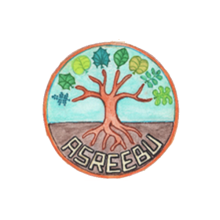
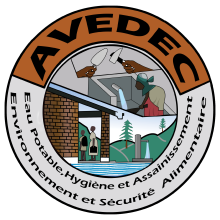

Want to know more about this project?
